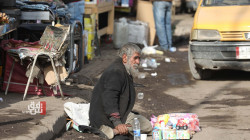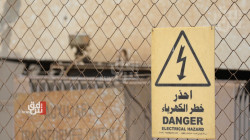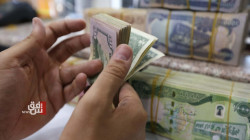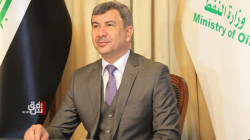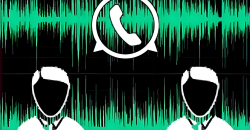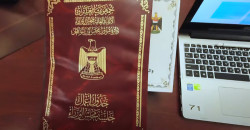Report: Will Iraq’s new prime minister bring change?
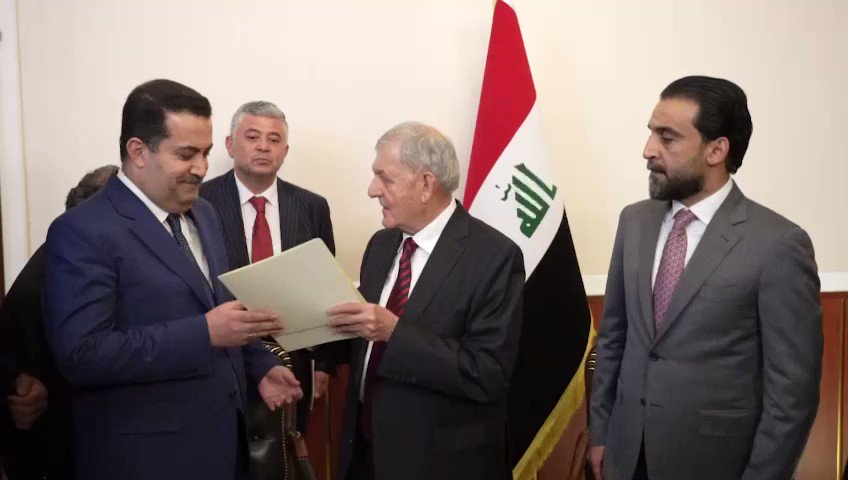
Shafaq News / After a year-long crisis in Iraq triggered by contested elections, Iraq finally has a government headed by Prime Minister Mohammed Shia’ al-Sudani. While this ends the political impasse, it’s unclear whether his new cabinet will bring about change or usher in more of the same.
Al-Sudani is backed by the Coordination Framework, an alliance of powerful pro-Iran Shi’a factions that holds 138 out of 329 seats in parliament. The Shi’a cleric Muqtada al-Sadr’s Sadrist movement that won a plurality of parliamentary seats in the October 2021 elections played no part in picking either the prime minister or the new president — a first since Iraq’s democratic transition, which does not bode well for a government that now effectively lacks legitimacy.
Given the longtime political wrangling and endemic political instability that has plagued their country, the Iraqi people are justifiably skeptical about this government’s ability to tackle the many problems facing Iraq. Many are also suspicious of al-Sudani’s close affiliation with former prime minister Nouri-Al Maliki, given the latter’s deeply sectarian and pro-Iran stance.
Sadrists view al-Sudani as Maliki’s man and expect a vengeful premiership that will target their interests within the state. The new government will need to distance itself from al-Maliki and convince the public that it is above the fray. As a first gesture of goodwill, he has required that top tiers within ministries be selected from career professionals, as opposed to party loyalists. Whether or not this heralds a broader turn away from factionalism remains to be seen.
More broadly, Iraq faces tremendous economic, environmental and social crises that no doubt will be exploited by al-Sadr. One key test of al-Sudani’s government will be whether it can take advantage of high oil prices to tackle pressing issues such as a youth unemployment rate of nearly 40 percent, electricity shortages and the overall economic recovery.
The new government will also need to fend off the sporadic but persistent protests that have swayed the country since October 2019 and are likely to regain momentum. These demonstrations, which forced the resignation of the government of Prime Minister Adel Abdul Mahdi in 2019 and prompted an early election, reflect public frustration with long-unaddressed demands. Over the past three years, a coalition of protestors, activists and youth-led entities has since formed to push the government to address the country’s dysfunction through changes in the political system.
Outrage over corruption continues to be the major driver for the demand for reform of a power-sharing system that divides government posts among Iraq’s communities and fuels patronage-based abuse. It has not gone unnoticed that the new government has formed using the same methods and tactics and the same parties that have dominated Iraqi politics since 2005. Citizens may well ask, why should corruption change if the system that produces it has not? The latest corruption scandal at the Ministry of Finance involving the theft of $2.5 billion from the tax authority could implicate many who enjoy the support of powerful political parties in Iraq, including those backing the prime minister.
Our New Deal grandmothers would weep at 2022’s women’s rights losses What do we really mean by ‘diversity, equity and inclusion’?
There is also the deepening mistrust between the two main Kurdish parties, the Kurdistan Democratic Party (KDP) and Patriotic Union of Kurdistan (PUK), both of which are expected to make deals with the government over resource governance and the future of Kirkuk that will reignite disputes between Baghdad and the Kurdish Regional Government around territorial control and natural resource management. Relations between the Kurdish parties likely will be further strained by the election of PUK-affiliated Abdul Latif Rashid as Iraq’s new president.
While this new government may have ended months of paralyzing deadlock, it is unclear how enduring the new stability it brings can be. Al-Sudani will need to break free from the institutional limitations he faces and take on the Herculean task of reforming the dysfunctional political system and its oil-dependent economy: a kleptocratic state engineered to launder oil revenues through a bloated public sector into clientelist political parties while eschewing any genuine form of accountability.
(The Hill)
